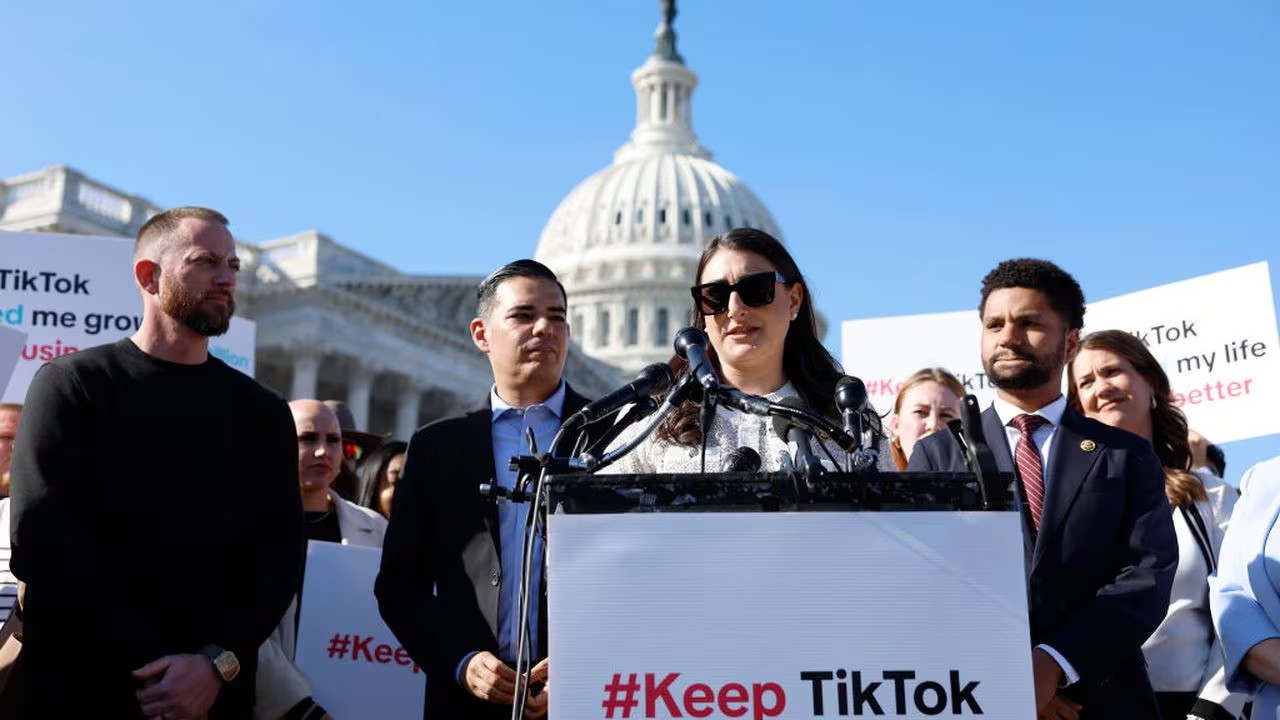The European Union (EU) Digital Services Act has brought about a reshaping of the online world. To this end, ambitious legislation has been agreed upon to monitor everything that happens. For this reason, companies such as Google, Meta and others will have to explain the algorithms they use.
The European bloc, after lengthy negotiations, agreed on the general terms of the new Digital Services Act (DSA). A fundamental part of this is the obligation of technology companies to take responsibility for the content they have on their platforms. With this regulation, they will have to remove illegal content and goods more quickly.
In the same way, provide explanations to users and researchers about how the algorithms work. In addition, it will be necessary to be stricter against those who spread false information. Fines could be up to 6 percent of the company’s annual turnover in case of non-compliance with the regulations.
European Union and its Comptroller
Ursula von der Leyen, President of the European Commission, stated that the DSA will update the ground rules. He also stressed that a practical effect will be given “to the principle of what is illegal offline, should be illegal online”. The hierarch addressed the issue of penalties and that they should be higher the larger the penalties are.
The DSA should not be confused with the DMA, the Digital Markets Act, which was agreed in March. Both regulations relate to the world of technology. But, while the DMA focuses on creating a level playing field, the DSA is in charge of controlling the content they place on the platforms.
It is expected that by January 2024 the law will be applicable. First the statutory language must be finalized and voted into law. This step is the last formalism for the application of the DSA.





